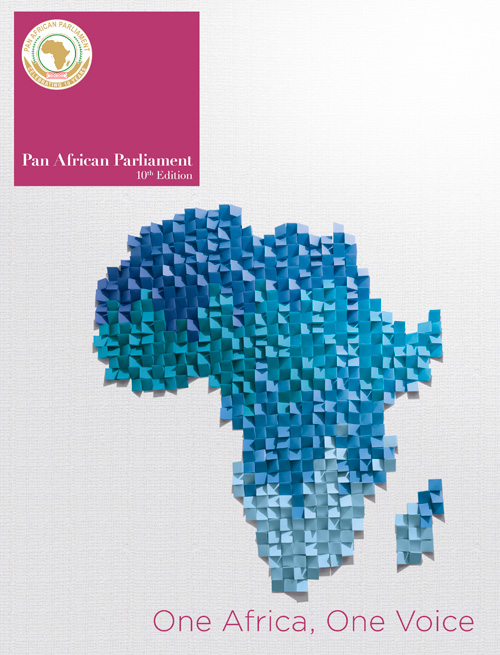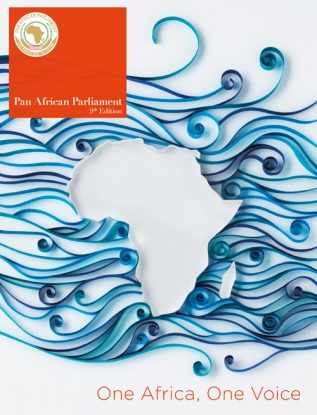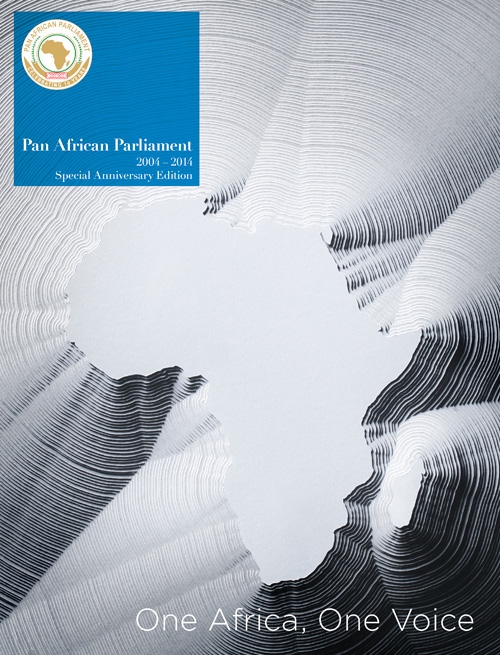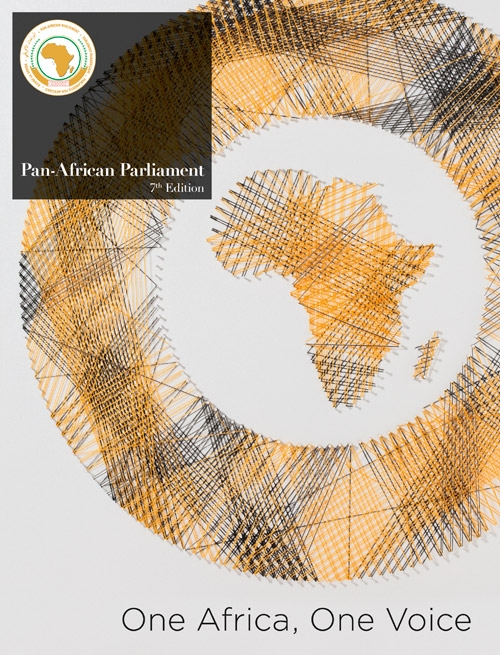
For an illustrative example of Africa’s huge agribusiness potential take a look at Zambia. Blessed with very fertile soil, the country holds 40% of the water resources of the entire Southern African region. Yet it also shows the other side of the same coin: despite the potential, the agricultural sector is very underdeveloped. Of the 58% of land suitable for farming, only 14% is currently under cultivation, according to the New Agriculturist. Agriculture makes up about 20% of GDP while employing 85% of the population, but despite bumper maize harvests, more than 350 000 Zambians are food insecure. This means they don’t have access to a regular supply of healthy food, reports the World Food Programme.
According to a 2013 study conducted by the World Bank, agribusiness and agriculture is currently worth approximately US$313 billion to Africa but it has the potential to become a US$1 trillion industry by 2030. ‘The time has come for making African agriculture and agribusiness a catalyst for ending poverty,’ says Makhtar Diop, World Bank Vice-President for Africa. ‘We cannot overstate the importance of agriculture to Africa’s determination to maintain and boost its high growth rates; create more jobs; significantly reduce poverty; and grow enough cheap, nutritious food to feed its families and export its surplus crops, while safeguarding the continent’s environment.’
Agriculture averages nearly a quarter of GDP across the continent, according to the World Bank and when post-harvest activities are taken into account, ‘agriculture-related industry accounts for nearly half of all economic activity in sub-Saharan Africa’.
The World Bank is just one of the organisations pointing out how increased focus and investment in African agriculture can bring about more jobs and greater prosperity. ‘Agriculture is a vital economic driver given a number of socio-economic factors, including population growth, poverty and unemployment,’ said Old Mutual Investment Group’s Director of Strategic Projects, Craig Chambers, at a media briefing in Johannesburg in mid-2015. Old Mutual discussed the emergence of the agricultural sector as a viable asset class in Africa. ‘These factors present acute challenges and make unlocking our agricultural potential not just an attractive option but a necessity. The UN Conference on Trade and Development has estimated agriculture’s annual investment gap for the 2015 to 2030 period at US$260 billion in the developing world.’
Chambers said that a 70% total increase in agriculture production is needed to feed the more than 9 billion people expected worldwide in 2050 – of which 25% will be in Africa. ‘An important point to note is that Africa presently spends in excess of US$25 billion annually on food imports. Retailers and traders are increasingly looking to secure their supply lines and the balance of power is moving upstream to the supplier of food, i.e. the farmer. Therefore, food independence for Africa can be supported by local institutional investment.
‘Due to the availability of low-valued, premium farmland and agribusinesses on the continent, as well as the shortage of locally available capital and skills for agricultural development, agriculture is a particularly viable opportunity for investors seeking capital stability and higher risk-adjusted returns.’
‘The time has come for making African agriculture and agribusiness a catalyst for ending poverty’
Old Mutual research states that an improvement or growth in the agriculture sector tends to have a significant decrease in poverty and increase in job creation. Currently, about 70% of Africans depend on agriculture for a livelihood.
According to Statistics South Africa, around 890 000 people are directly employed in South Africa’s agricultural sector, accounting for about 6% of the country’s total employment figures. The sector was the leading job creator in the first quarter of 2015, adding 150 000 jobs.
South Africa’s NDP, the Government’s blueprint for the future, reports that ‘agriculture has the potential to create close to 1 million new jobs by 2030, a significant contribution to the overall employment target’. Yet for the great agricultural potential of Africa to be fully realised, ‘it must become a top focus on both the private sector and governmental development agenda’, says the World Bank.
‘African farmers and businesses must be empowered through good policies, increased public and private investments and strong public-private partnerships,’ says Gaiv Tata, World Bank Director for Financial and Private Sector Development in Africa.
One of the cornerstones of attention, according to experts, must be small-scale farmers, who make up the bulk of Africa’s agricultural sector. Many private companies, NGOs and Governments are therefore turning their resources to enhancing agricultural efficiencies and education among these producers.
For example, Afgri has launched the Afgri Smallholder Mechanisation Programme in Zambia. The project was initially directed at about 450 farmers and provides business and management training to help them develop business plans. Other services include assisting with the leasing of machinery, such as tractors. Ultimately, according to the firm, around 36 000 Zambian farmers will benefit from the programme over a three-year period. Also in Zambia, chemicals company Bayer and agricultural equipment manufacturer Agco have launched a Future Farm project, which will train farmers in seeding, crop projection, mechanisation and food projection.
In Kenya, the UN International Fund for Agricultural Development (IFAD) has signed an agreement to finance the Kenya Cereal Enhancement Programme – Climate-Resilient Agricultural Livelihoods Window.
‘Ending poverty and improving overall well-being is linked to meeting the challenges of climate change’
About 10 000 small-scale farmers, many of them women, in eight semi-arid counties of the country will benefit from the programme, which is aimed at reducing rural poverty and food insecurity. Funding amounts to a US$61.8 million loan, US$10 million grant from IFAD’s Adaptation for Smallholder Agriculture Programme and an additional US$2 million grant from the UN’s Food and Agriculture Organisation.
According to IFAD, the programme is designed to ‘increase rural households’ resilience to climate change, and help increase production of cereals and associated pulses. It will aid smallholder farmers to identify and undertake appropriate, productive and climate-resilient crop practices suited for arid and semi-arid lands’.
Climate change is widely recognised as one of the major challenges facing Africa’s farmers. The Intergovernmental Panel on Climate Change says by 2020, rain-fed agricultural yields from some African countries could be reduced by up to 50%. This will have a massive impact on food security. ‘Changes in weather patterns and especially rainfall, affect the largely rain-dependent agricultural sectors in Africa,’ says Augustine Karani, Media Officer of the Pan African Climate Justice Alliance (PACJA).
‘Increasing natural disasters in the form of floods and droughts stretch countries’ small development budgets,’ he says. ‘A study by the African Development Bank estimated adaptation costs in Africa to be in the range of US$20 billion to US$30 billion per annum over the next 10 to 20 years. It is therefore apparent that ending poverty and improving overall well-being is linked to meeting the challenges of climate change, with climate finance being absolutely fundamental. As Africa’s principal challenges come into sharp focus – increasing poverty levels and the climate change crisis – the biggest test is how to mobilise the right resources to address them coincidently.’
The PACJA has initiated Biofarm – an organic farming project that comprises ‘zero-grazing units, a biogas plant and an organic garden, promoted together with water harvesting as a single unit’. The pilot project, run in Kenya, tested innovative ways to ‘improve the efficiency of existing technologies’ so as to effectively adapt to the effects of climate change.
Innovation will be a key aspect of Africa’s sustainable adaptation of a future agricultural ‘revolution’, argues the Africa Progress Panel, chaired by former UN Secretary-General Kofi Annan. Its 2014 report – Grain, Fish, Money – poses questions on ‘how Africa can address the largely unmet demand for investment in agriculture and fisheries’.It says agriculture is ‘now attracting the kind of serious attention needed to fulfil its transformative potential’, and contends that Africa will one day play a critical role in helping the world meet global food demand.
‘Africa’s green and blue revolutions can extend economic growth to the two-thirds of Africa’s populations who depend on these sectors for their livelihoods,’ it says. ‘Impressive innovation and smart Government policies are changing age-old farming ways. A few countries have already begun their agricultural revolutions. Now these successes must be extended to the rest of Africa.’







